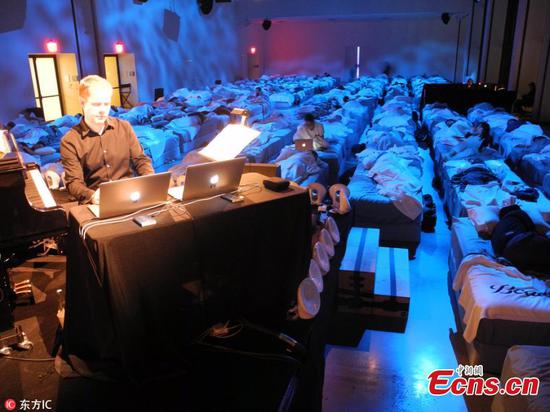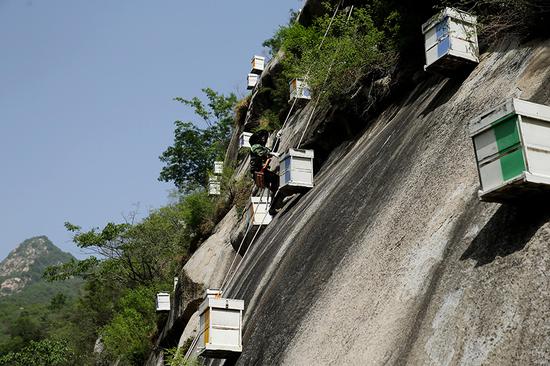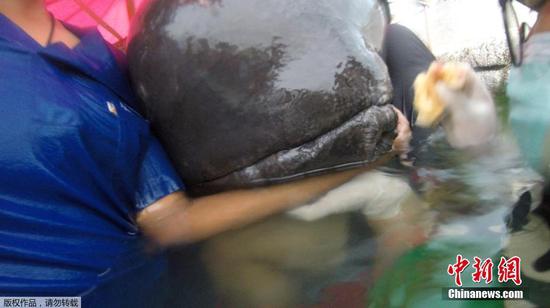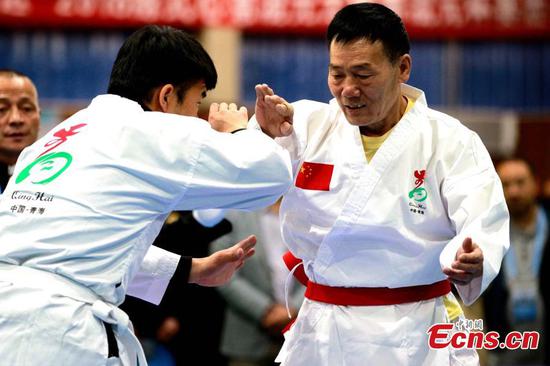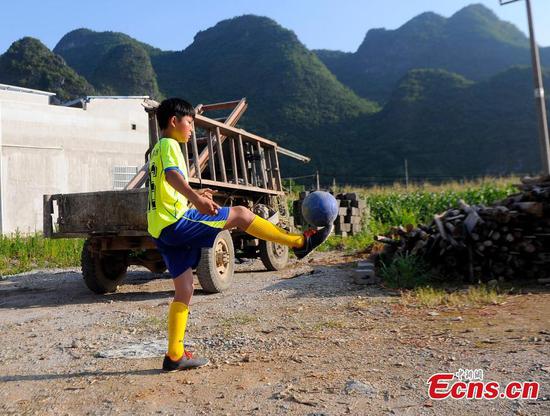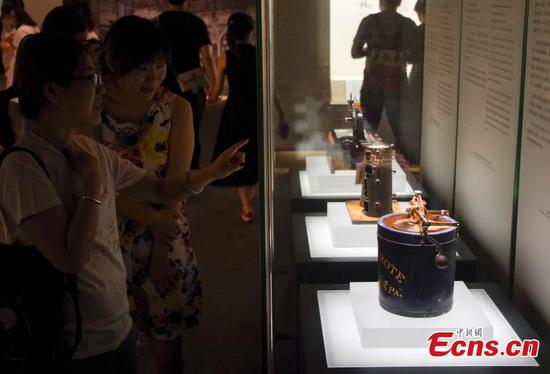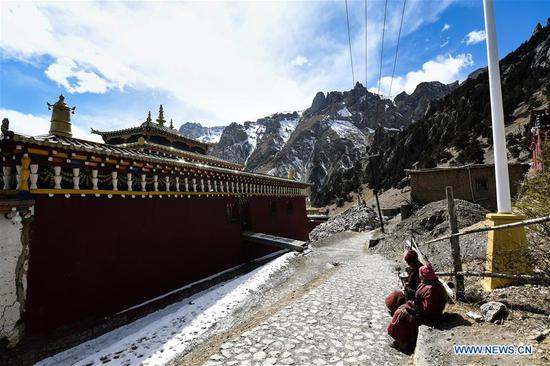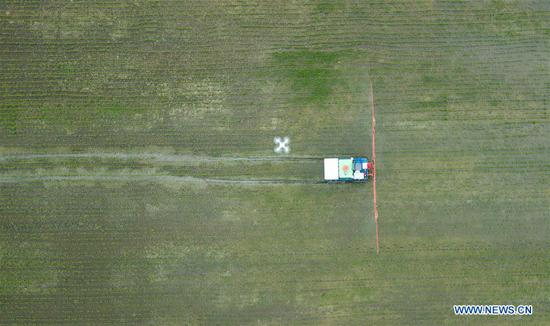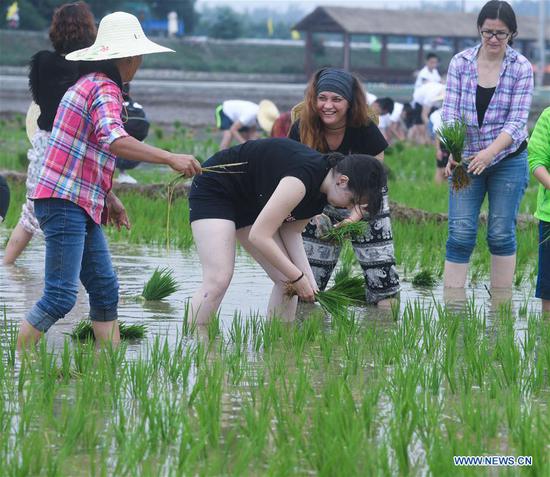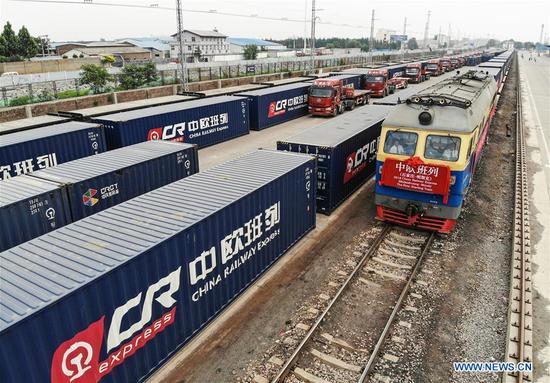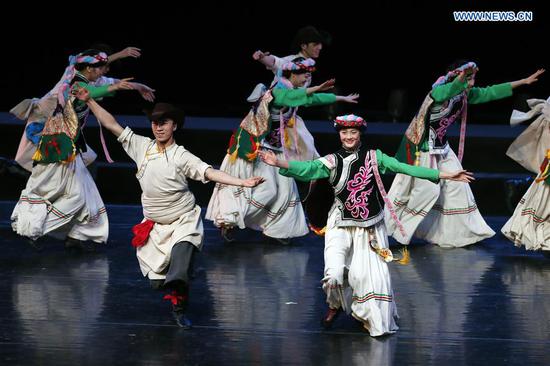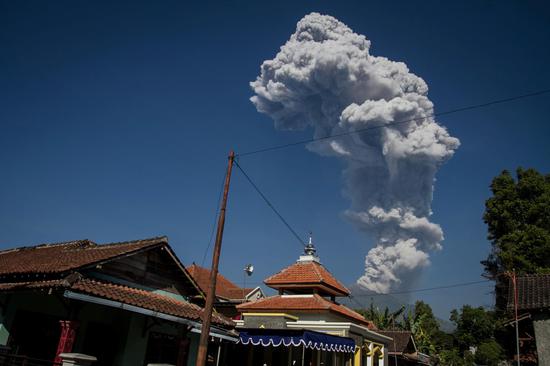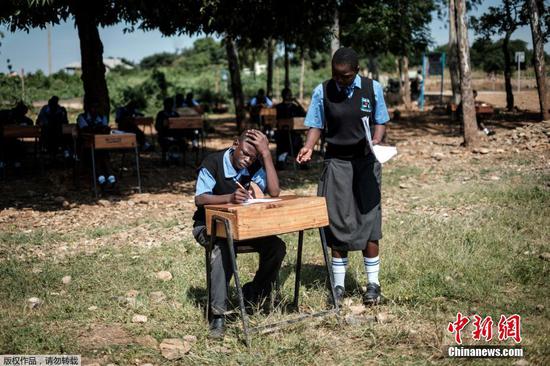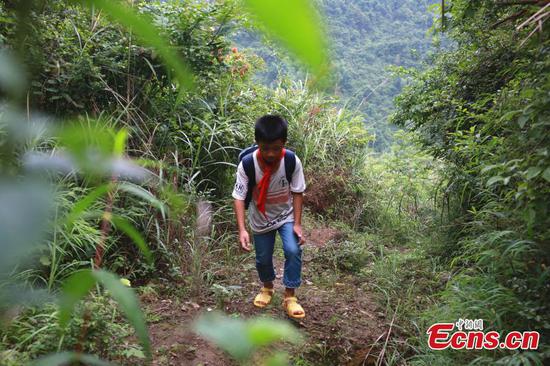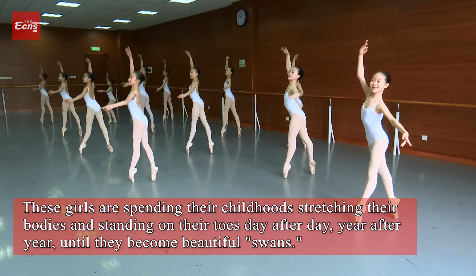Employers would have to check before hiring in 11 fields dealing with children
China will expand across the country a pilot program in Shanghai that bans child-sex offenders from taking jobs close to children to better protect juveniles, a senior official with the Supreme People's Procuratorate said.
People who have criminal records of sexual assault or indecency toward minors will be blacklisted and banned from working in 11 vocations, Zheng Xinjian, director of the SPP's special office for handling cases involving minors, told China Daily.
The 11 vocations mainly include those related to schools, kindergartens, training agencies, medical institutions, relief agencies, amusement places, stadiums and libraries, according to the SPP.
Zheng said prosecutors, together with eight relevant authorities, including courts, public security, education and civil affairs departments, will establish a national database of such offenders recorded in the past five years.
When recruiting workers in the 11 vocations, employers will be required to log into the database to check backgrounds and clear applicants, he said.
"If people have records of sexual-related crimes against minors, they'll be rejected from taking jobs close to children," Zheng said.
He did not give a clear timetable for the establishment of such a national system but said relevant work will be pushed forward vigorously in the near future.
A pilot program started in Shanghai in August. So far, the system in Minhang district has screened more than 7,000 employees in relevant industries, but has found no abnormality.
Zheng said such a blacklist system could serve as a precaution to reduce possible offenses, as sexual offenders tend to repeat what they have done.
Recently, a rising number of cases involving sexually abusing minors have occurred nationwide due to loopholes in the school management and parental supervision.
Data provided by the SPP showed that between January 2017 and this April, procuratorates nationwide prosecuted 60,000 people for infringing upon juveniles' rights, including sexually abusing, abducting and injuring children.
Rape, molestation and organized prostitution of children make up a big proportion of cases — in some places as high as 60 percent — according to the SPP.
A typical case occurred in October. Lin Mo, a former teacher at a middle school in Shanghai, was sentenced to 2 1/2 years in prison for child molestation.
The verdict said Lin made use of his job convenience to forcefully molest a 15-year-old girl several times at his home. The student told her family, who then contacted police.
Lin was banned from working in education for three years by the court.
Zheng said most such victims are younger than 14 and many are from families of migrant workers and single-parent families.
The offenders are usually acquainted with the victims, such as being their neighbors, family friends, stepfathers or teachers. Many cases involved repeated abuse over a long period of time, he said.
Zheng admitted that police and prosecutors face practical difficulties to discover, collect and confirm evidence of suspected sexual abuse of juveniles.
"Due to the lack of sex education, some minors may not realize they've been sexually assaulted, and even if they realize that, some dare not or are reluctant to report it to police," he said.
Zheng also pushed for cooperation among relevant sectors to set up a system to more effectively prevent and quickly discover such offenses. The public should also be encouraged to promptly report such cases, he said.
Moreover, it's urgent to revise relevant laws, such as the Law on the Protection of Minors, to better clarify responsibilities among various authorities and to better implement such laws, he said.











